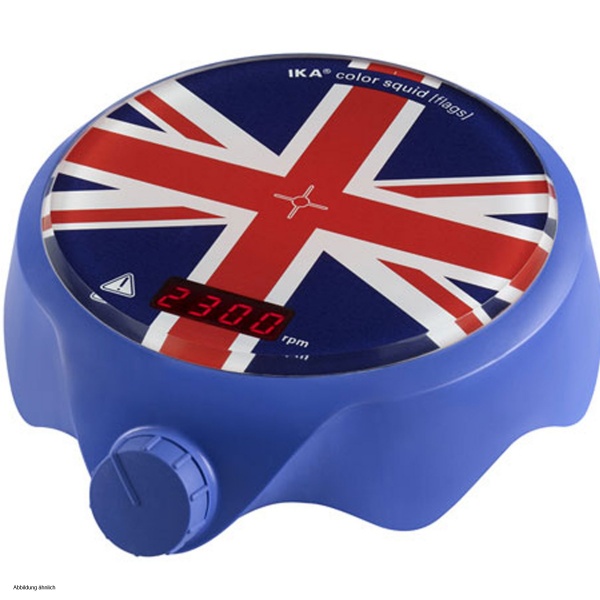Understanding the Union Jack: A Symbol of British Identity

Introduction
The Union Jack is not just a flag; it is a potent symbol of British unity and heritage. Its distinctive design, combining elements from England, Scotland, and Ireland, represents a complicated history of connection and conflict. Particularly relevant during national celebrations, the flag resonates with a sense of pride among British citizens. Recent events have revitalized conversations around national identity, making an exploration of the Union Jack’s significance all the more pertinent.
Historical Context
The Union Jack was officially adopted as the national flag of Great Britain on January 1, 1801, when the Kingdom of Great Britain and the Kingdom of Ireland united. Its design features the red cross of St George, representing England; the white saltire of St Andrew, representing Scotland; and the red saltire of St Patrick, representing Ireland. Each of these elements signifies different parts of the British Isles, while also demonstrating a layered and sometimes fraught political history.
Recent Developments
In recent years, the Union Jack has often appeared in debates surrounding national identity, particularly in the context of Brexit. Supporters of leaving the European Union have frequently used the flag to depict sovereignty and a return to traditional British values. This has led to both celebrations and controversies, as the flag’s meaning has evolved with contemporary discourse. In cities across the UK, public events and displays showcasing the Union Jack have surged, especially during national holidays, royal events, and sporting competitions where British representation is emphasised.
Conclusion
As Britain continues to navigate its post-Brexit identity, the Union Jack remains a significant emblem, evoking diverse interpretations and emotions. Whether viewed as a symbol of national pride or a contentious marker of division, the flag is at the heart of British culture. Its presence in current events underlines its ongoing relevance in discussions about how the UK defines itself in a changing world. As society progresses, the meaning of the Union Jack will likely continue to adapt, highlighting both the complexities of the past and the aspirations for the future.



